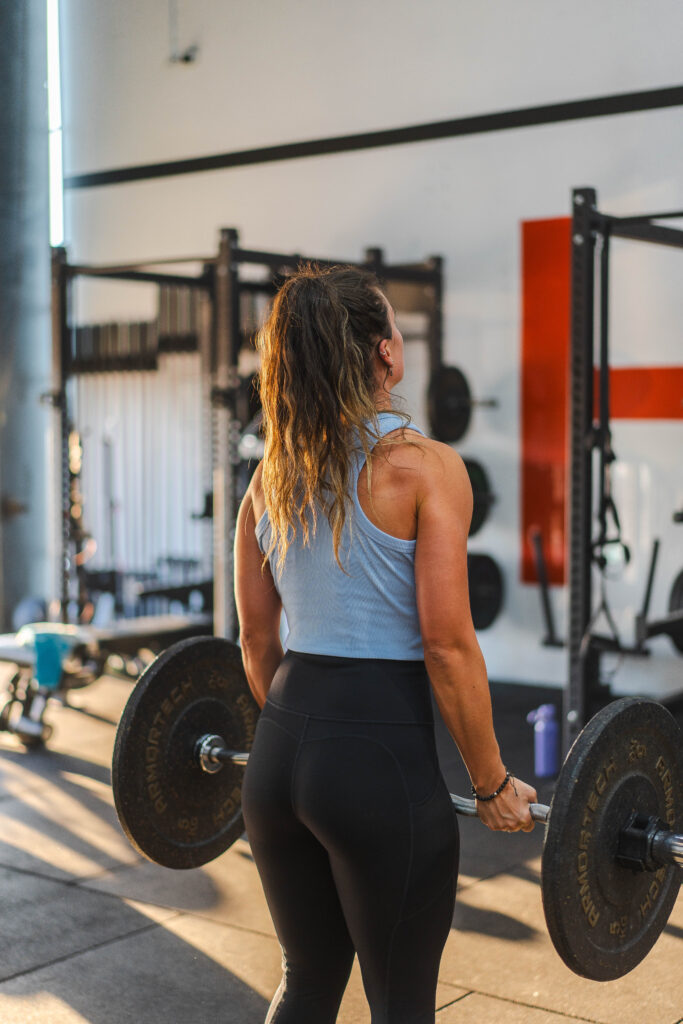
10 Common Mistakes to Avoid in Online Strength Training
10 Common Mistakes to Avoid in Online Strength Training Online strength training programs have revolutionised the way we keep fit, offering flexibility and a plethora

Eating the right foods at the right times can significantly boost your energy levels and enhance your personal training performance. This blog will delve into various nutrition hacks that help you maximise your energy throughout your workouts. We’ll explore what types of foods to eat, when to eat them, and how they impact your body’s energy and recovery.
Eating for energy is more than just eating more calories; it’s about choosing the right foods that release energy more consistently throughout your day and during your workout. This guide will offer you practical nutrition hacks that align with your fitness goals and enhance your energy levels for better performance and recovery.
Energy is the fuel for your body’s engine; without it, you won’t have the strength or stamina to sustain through tough workouts. Knowing how much energy your body needs and how to fuel it properly can make all the difference in your fitness routine.
Your energy needs depend on several factors including your age, weight, height, and level of physical activity. This section would provide insights into how you can calculate your daily caloric needs to optimise your training efficiency.
Foods like whole grains, oats, and legumes provide slow-releasing energy, which is ideal for long-lasting fuel. These foods help maintain stable blood glucose levels, preventing energy spikes and crashes.
Incorporating lean meats, fish, and plant-based proteins such as quinoa and tofu can help repair and build muscle tissues, crucial for recovery after intense workouts.
Avocados, nuts, and seeds contain fats that provide a concentrated source of energy, essential for longer-duration exercises.
Eating a balanced meal 2-3 hours before training can keep your energy levels sustained throughout your session. Focus on a mix of carbs and protein with low fat to enhance gastric emptying.
Post-exercise meals should be rich in protein and some fast-acting carbohydrates to aid in recovery and replenish energy stores. This is crucial for muscle repair and growth.
Water is crucial for metabolic processes and energy production. Dehydration can lead to fatigue and reduced endurance.
Drink at least 500 ml of water two hours before exercise and continue sipping throughout your workout to stay optimally hydrated.
Discuss when it might be appropriate to add supplements like B vitamins, iron, or creatine, which could potentially enhance your energy levels and workout performance.
Include options like green tea, which provides a mild and steady source of caffeine along with antioxidants.
Implementing these nutrition hacks will not only boost your energy levels but also improve your overall health and fitness. Whether you’re a professional athlete or a fitness enthusiast, the right diet can help you meet and exceed your personal training goals. For more personalised advice, consider consulting with a nutritionist who can tailor a meal plan specific to your needs.
Stay energised and thrive in your fitness journey!
Share on Social Media:

10 Common Mistakes to Avoid in Online Strength Training Online strength training programs have revolutionised the way we keep fit, offering flexibility and a plethora

Eating for Energy: Nutrition Hacks for Personal Training Eating the right foods at the right times can significantly boost your energy levels and enhance your